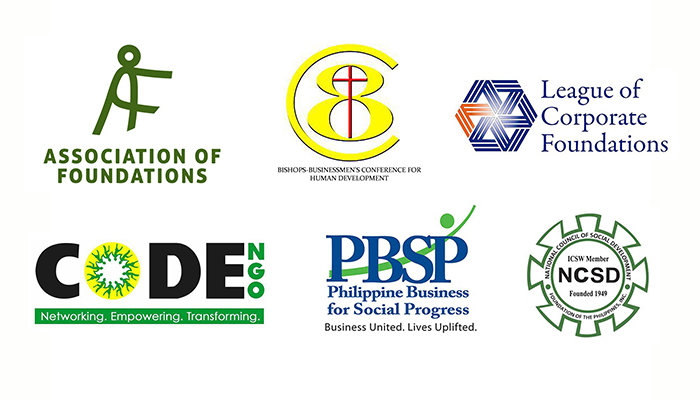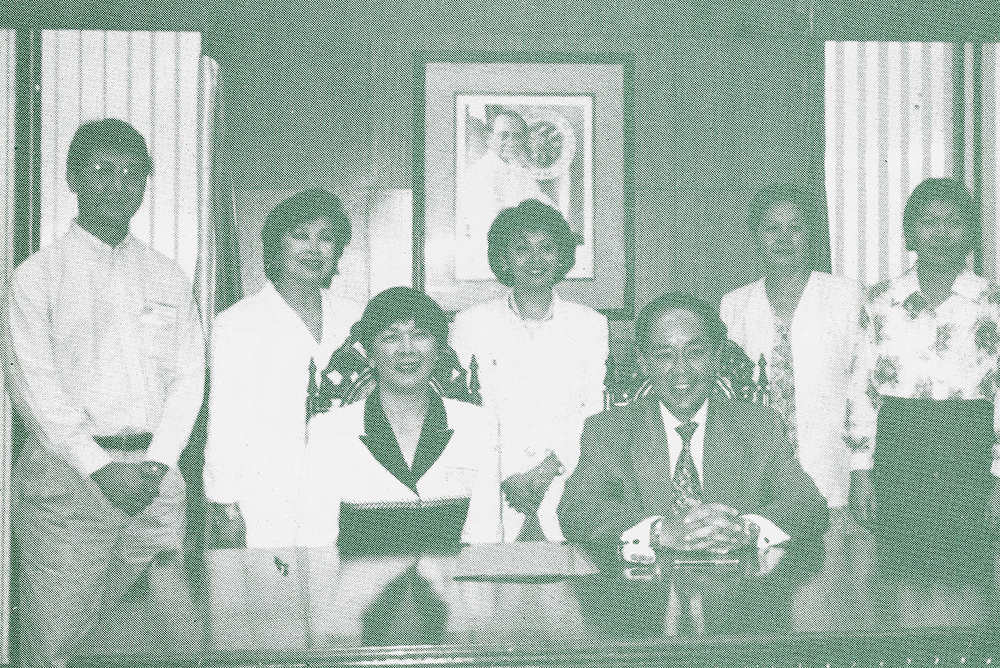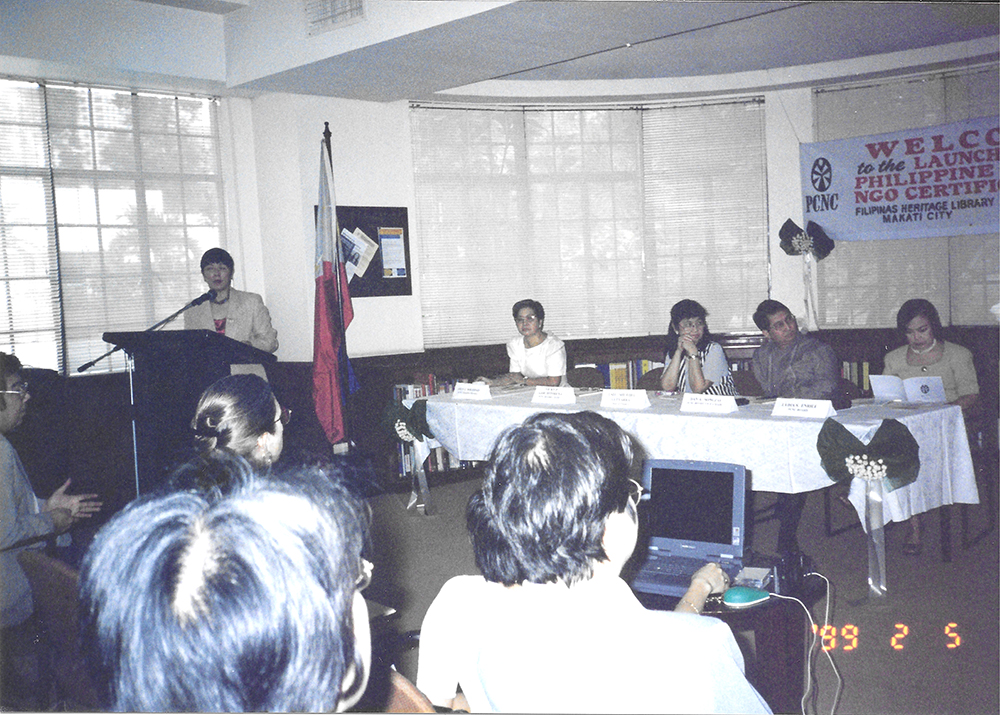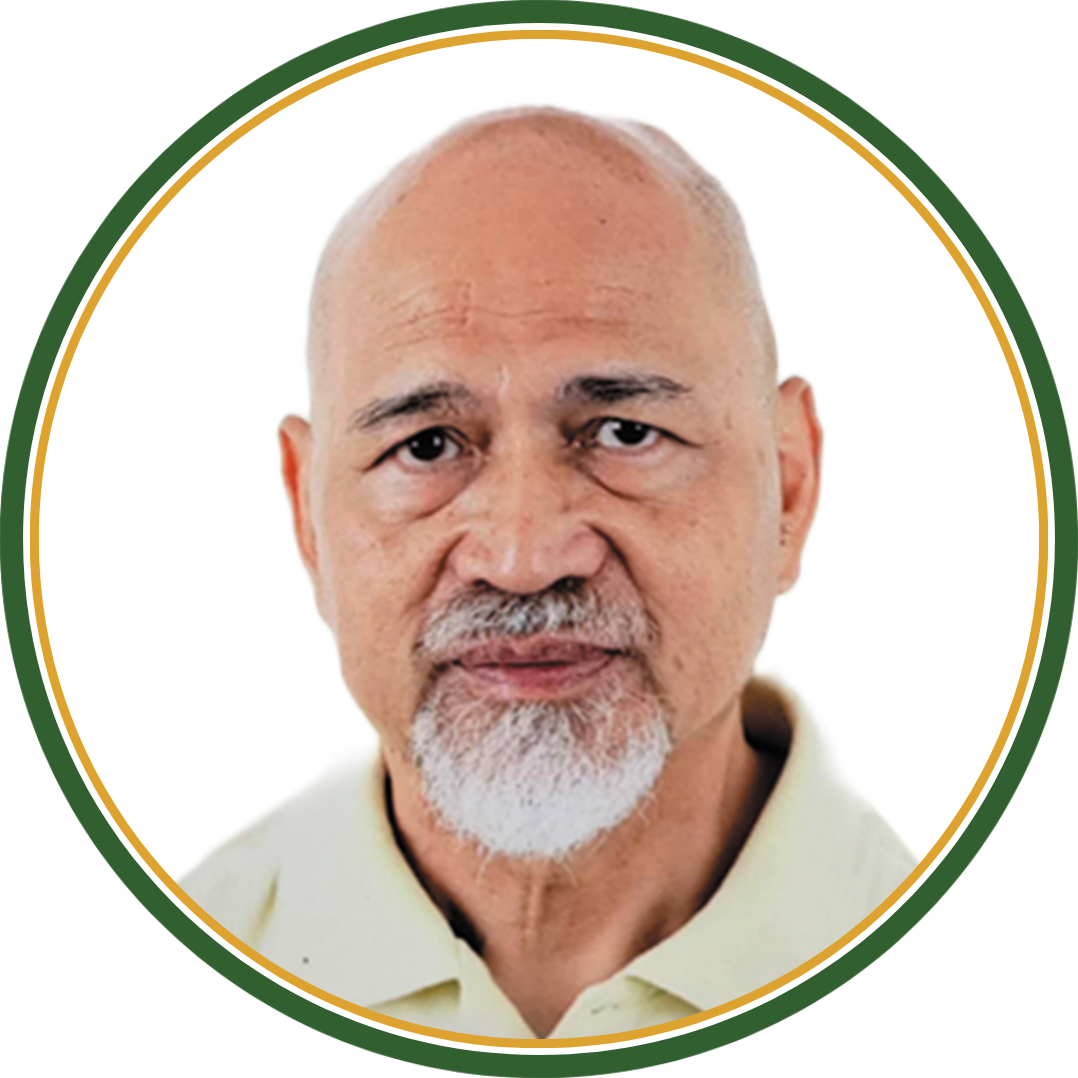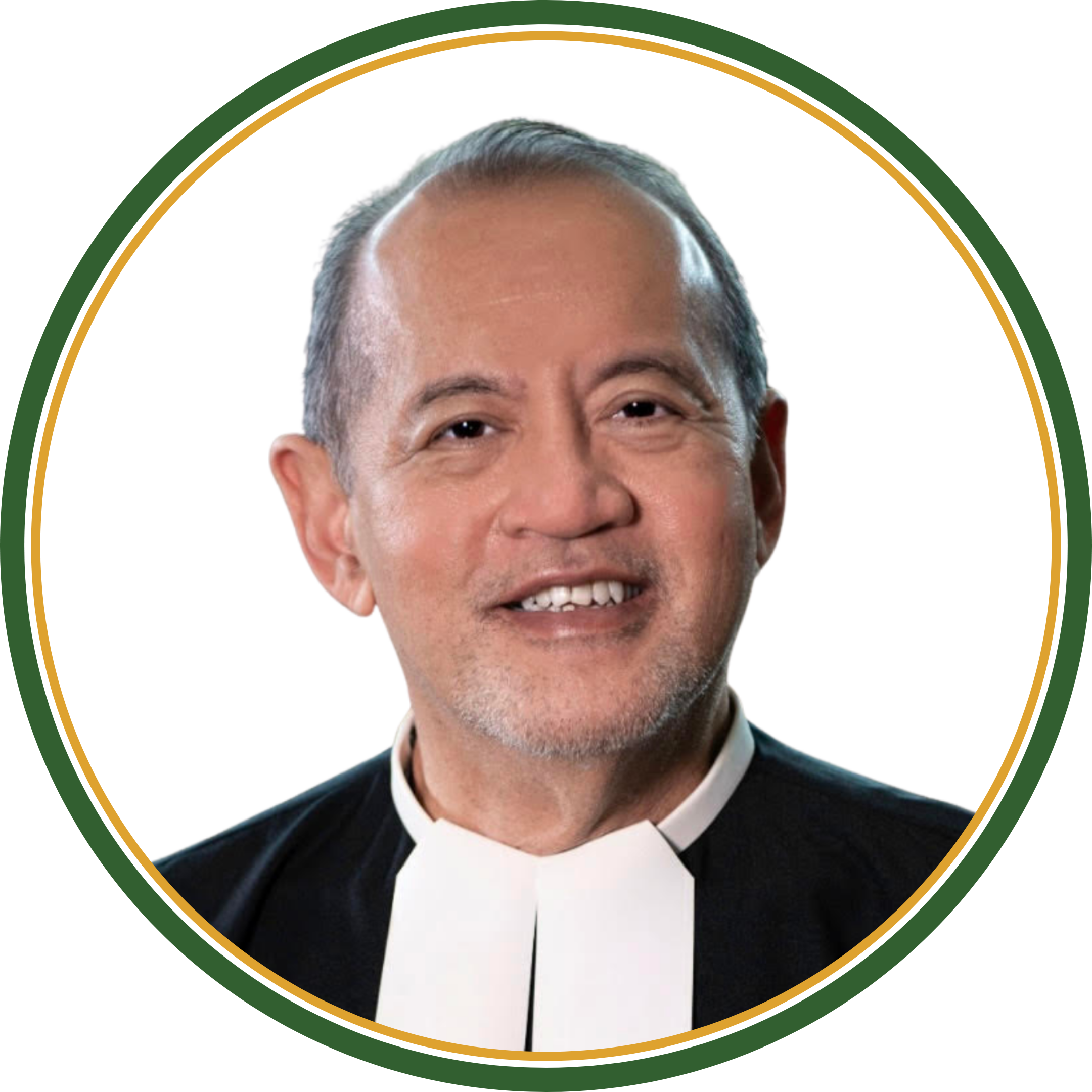The Philippine Council for NGO Certification, Inc. (PCNC), a private, voluntary, non-stock, nonprofit corporation, is a self-regulatory body of the NGO sector. As the duly designated “Accrediting Entity”, the Council’s main function is to accredit NGOs and Foundations that meet the established standards for good governance and management, and that demonstrate compliance with existing regulatory requirements.
PCNC’s accreditation is a pre-requisite for the registration of NGOs and Foundations with the Bureau of Internal Revenue (BIR) as qualified donee institutions.
Over the years, PCNC, in partnership with the Government, has lived up to the expectation of being the NGO sector’s “self-regulatory mechanism” in ensuring the integrity, transparency, and accountability, and service of accredited NGO. It is our collective commitment that PCNC will continue pursuing its mission for the benefit of more NGO that are trusted, respected, and reliable partners in national development.

